Social media has become an integral part of our daily lives, influencing how we communicate, learn, and even perceive the world around us. While it offers numerous benefits, it also harbors hidden dangers, especially for children and teenagers. As a parent, understanding these risks is crucial in ensuring your child’s safety and well-being in the digital world.
1. Cyberbullying
Cyberbullying is one of the most pervasive dangers on social media. Unlike traditional bullying, it can happen 24/7, leaving victims with no escape. Children may experience harassment, humiliation, and threats through comments, messages, or posts. The anonymity of the internet often emboldens bullies, making them more vicious. Cyberbullying can lead to severe emotional distress, anxiety, depression, and even suicidal thoughts. Parents need to monitor their children’s online interactions and provide a safe space for them to talk about their experiences.
2. Exposure to Inappropriate Content
Social media platforms are rife with content that may not be suitable for young viewers. This includes violent videos, explicit images, and harmful ideologies. Exposure to such content can negatively impact a child’s mental health and development. It can desensitize them to violence, skew their perceptions of reality, and expose them to unhealthy behaviors. Parents should use parental controls and content filters to help shield their children from such material.
3. Online Predators
Online predators use social media to exploit and groom children. They create fake profiles to gain the trust of young users, often posing as peers or friends. These predators can manipulate children into sharing personal information, sending inappropriate images, or meeting in person. The consequences of such interactions can be devastating and long-lasting. Parents must educate their children about the dangers of interacting with strangers online and encourage open communication.
4. Privacy Concerns
Children often do not understand the importance of online privacy. They may share personal information, such as their location, school, or daily routines, without realizing the potential risks. This information can be used by malicious individuals for stalking, identity theft, or other harmful activities. Parents should teach their children about the importance of privacy settings and the risks of oversharing personal details.
5. Mental Health Issues
The constant comparison to others on social media can harm a child’s self-esteem and body image. Platforms filled with curated and filtered images often portray unrealistic standards of beauty and success. This can lead to feelings of inadequacy, depression, and anxiety among young users. Parents should encourage their children to have a healthy relationship with social media and remind them that online personas are often not reflective of reality.
6. Addiction
Social media addiction is a growing concern among young people. The need for constant validation and fear of missing out (FOMO) can lead to excessive use. This addiction can interfere with daily activities, such as schoolwork, physical activities, and face-to-face interactions. It can also disrupt sleep patterns and overall health. Parents should set boundaries for social media use and encourage offline activities to promote a balanced lifestyle.
7. Misinformation
Social media is a breeding ground for misinformation and fake news. Children and teenagers are particularly vulnerable to believing false information shared by peers or influencers. This can lead to misguided beliefs, risky behaviors, and a distorted understanding of the world. Parents should teach their children critical thinking skills and how to verify information from credible sources.
8. Sexting
Sexting, or sending sexually explicit messages and images, is increasingly common among teenagers. This behavior can lead to serious consequences, including legal issues, cyberbullying, and emotional distress. Once shared, these images can spread quickly and be used maliciously. Parents should have open conversations about the risks of sexting and encourage responsible online behavior.
9. Loss of Real-World Social Skills
Excessive use of social media can hinder the development of real-world social skills. Children may become more comfortable communicating online than face-to-face, which can affect their ability to build meaningful relationships. They might struggle with empathy, effective communication, and conflict resolution. Parents should encourage their children to engage in offline social activities and develop interpersonal skills.
10. Data Mining and Exploitation
Many social media platforms collect vast amounts of user data, which can be exploited for commercial gain. Children’s data can be used to target them with manipulative advertisements and influence their consumer behavior. This can lead to unhealthy materialism and a skewed perception of needs and wants. Parents should educate their children about data privacy and the potential exploitation by social media companies.
Ensuring a Safe Online Experience for Your Children
As social media continues to evolve, so do the risks associated with its use. By understanding these hidden dangers, parents can take proactive steps to protect their children. Open communication, education, and setting boundaries are key to ensuring a safe and healthy online experience for young users. Being vigilant and involved in your child’s digital life can make all the difference in navigating the complexities of social media.
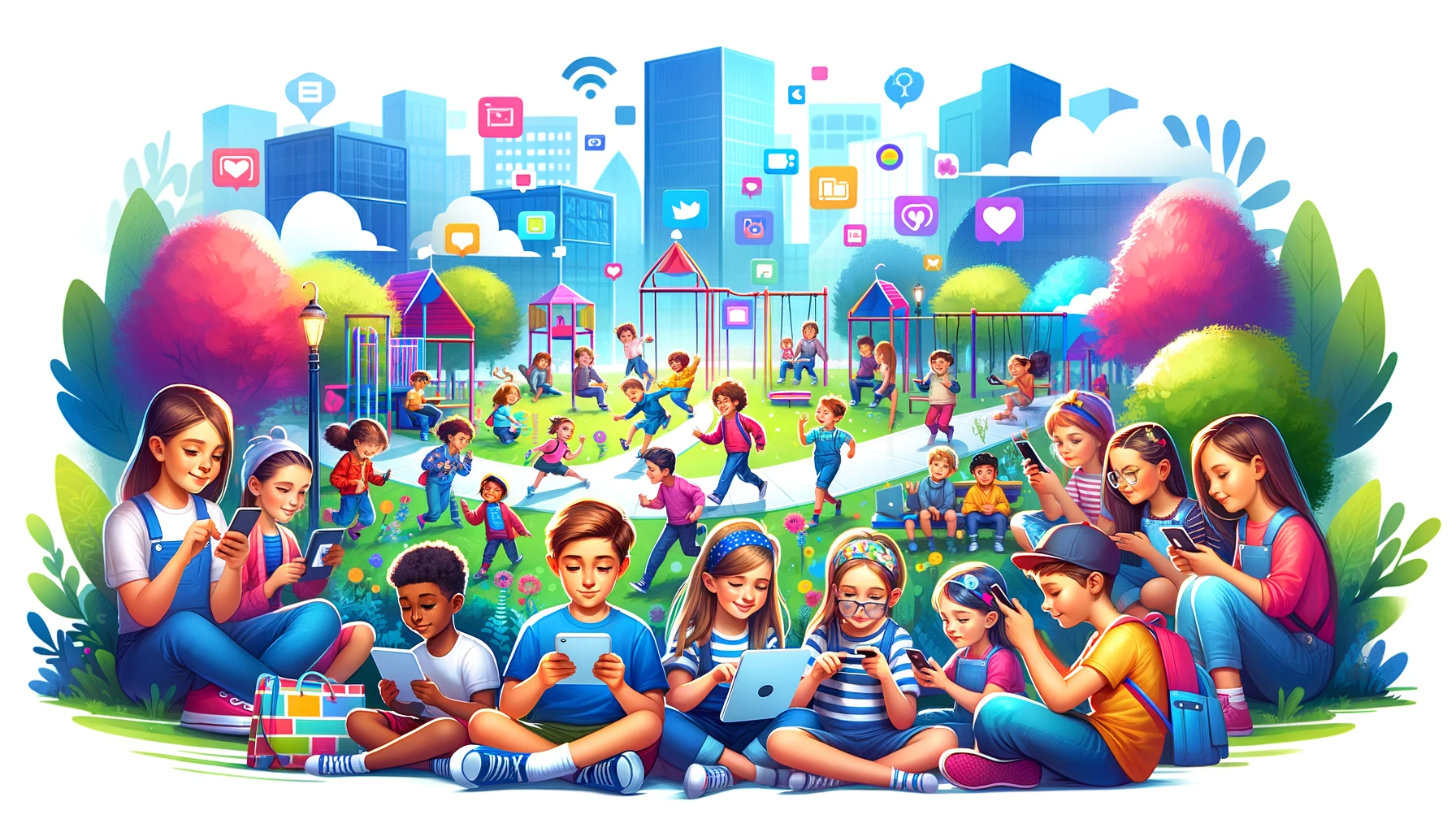




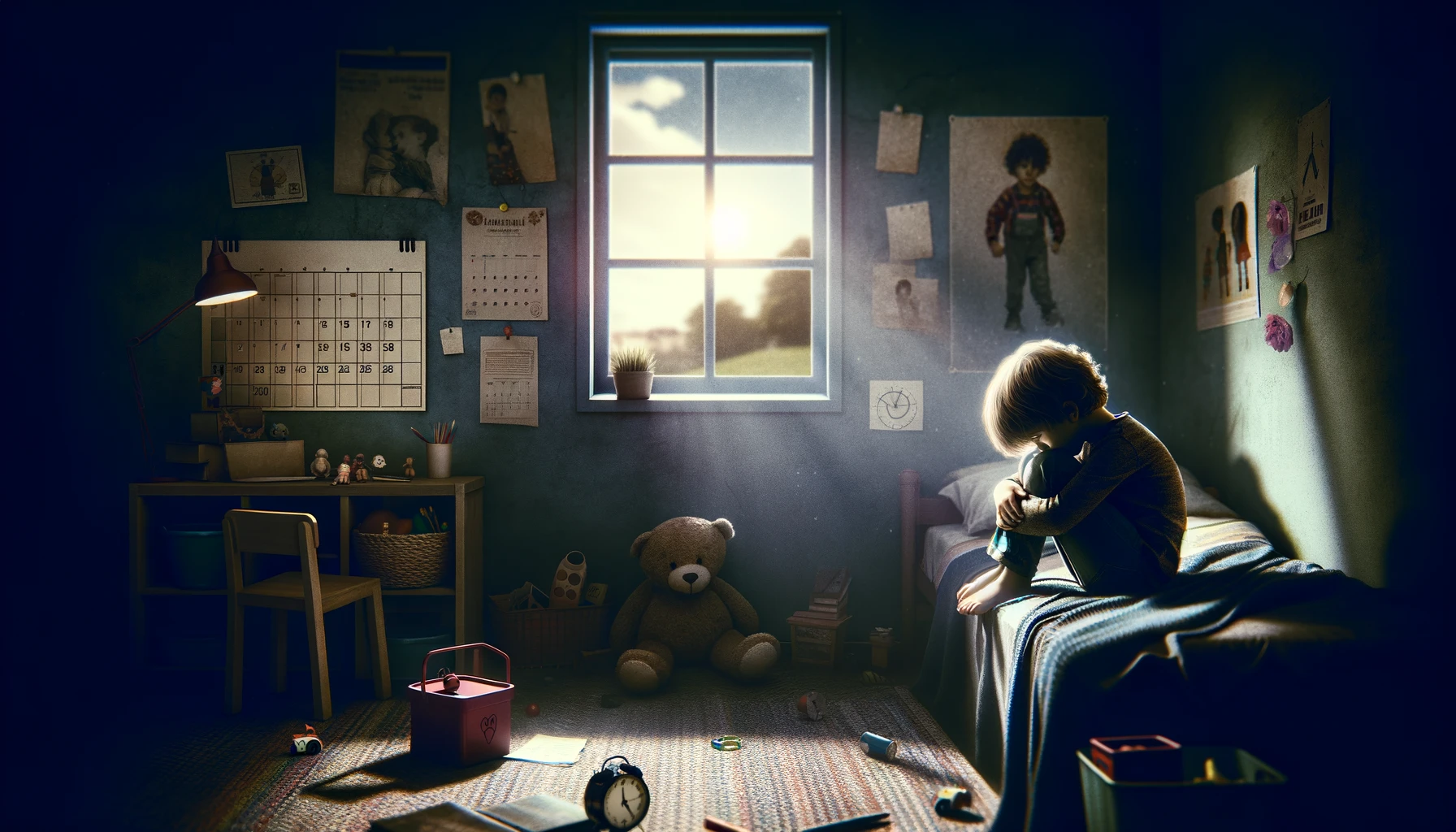
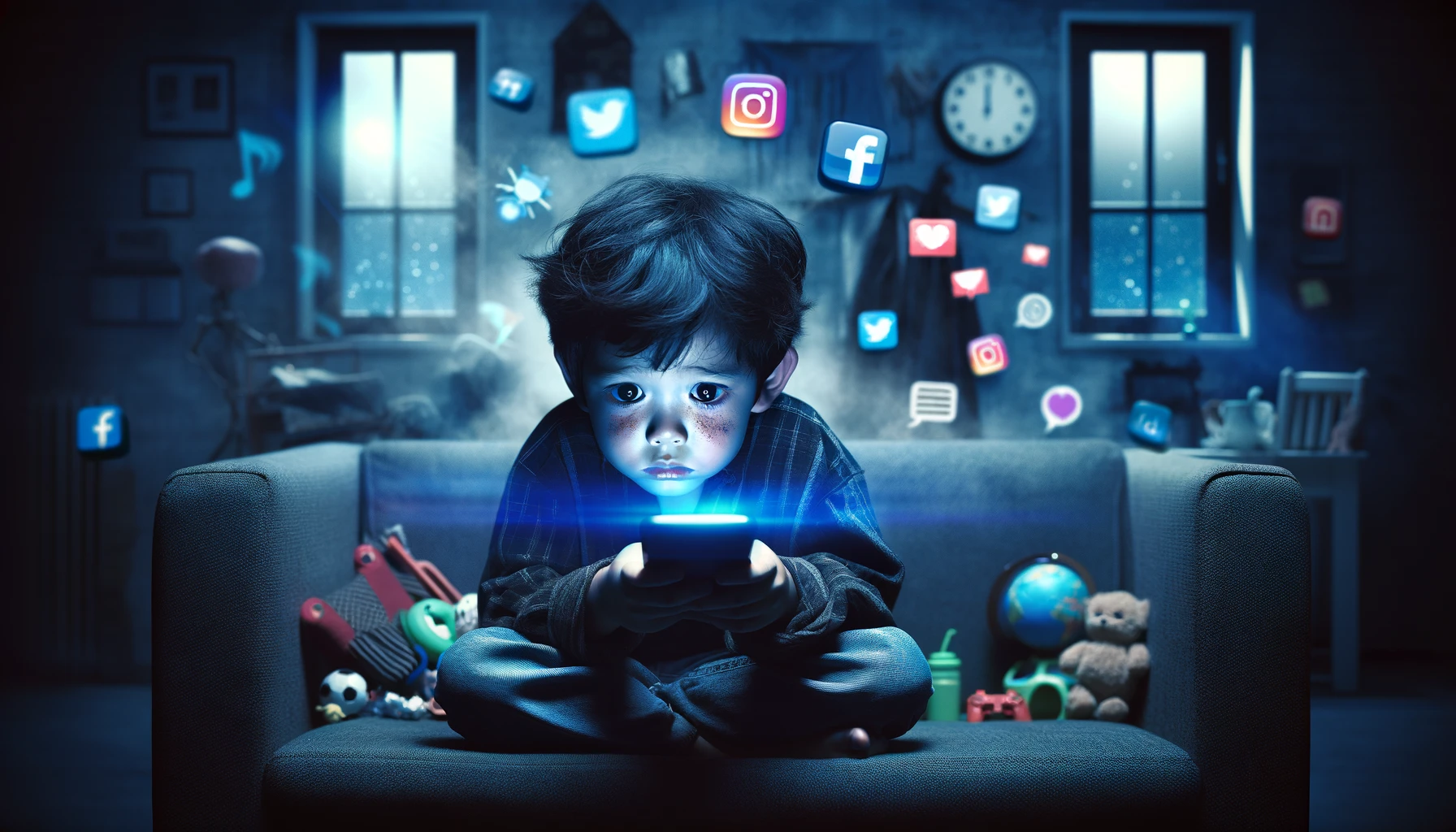
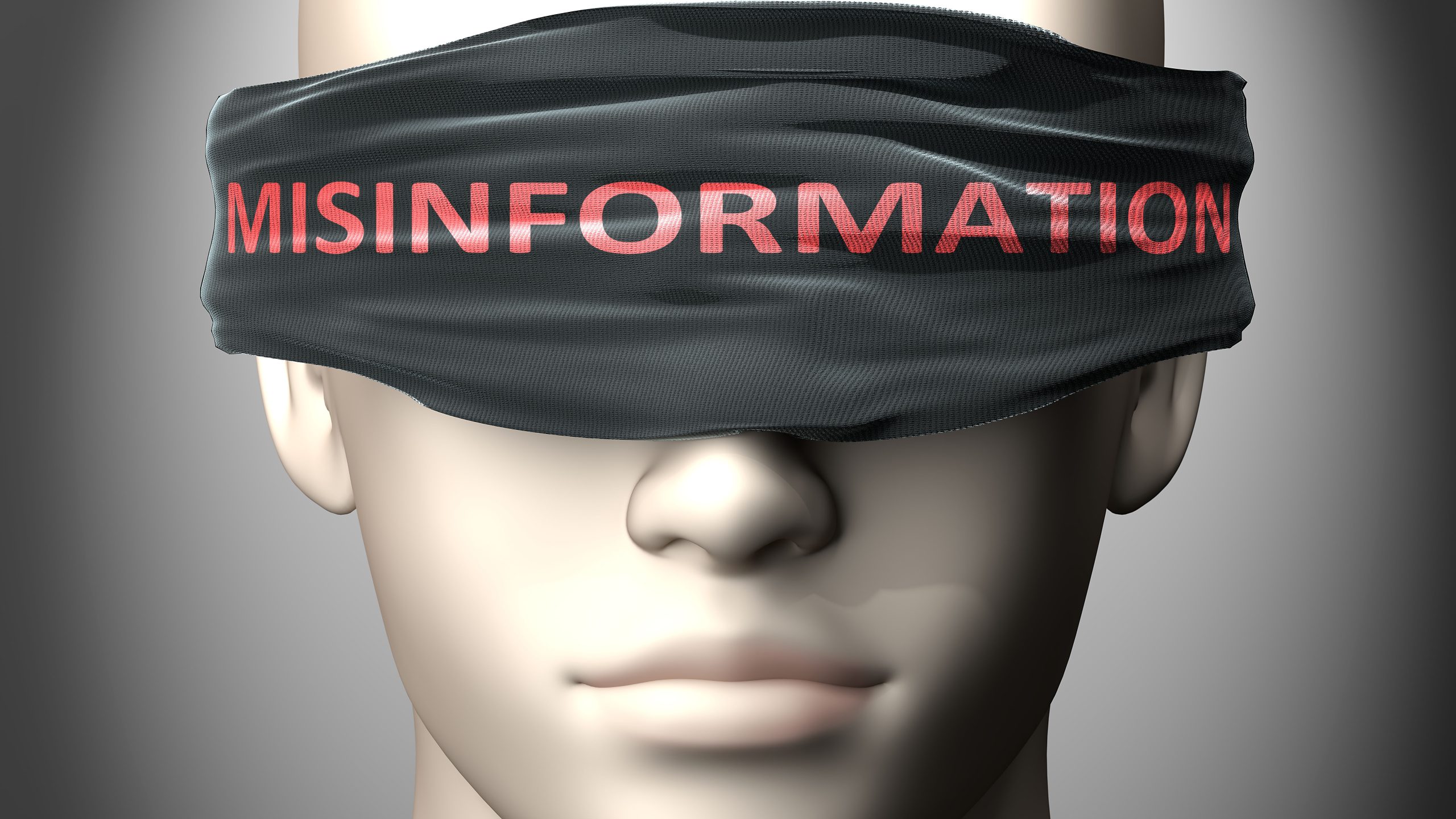

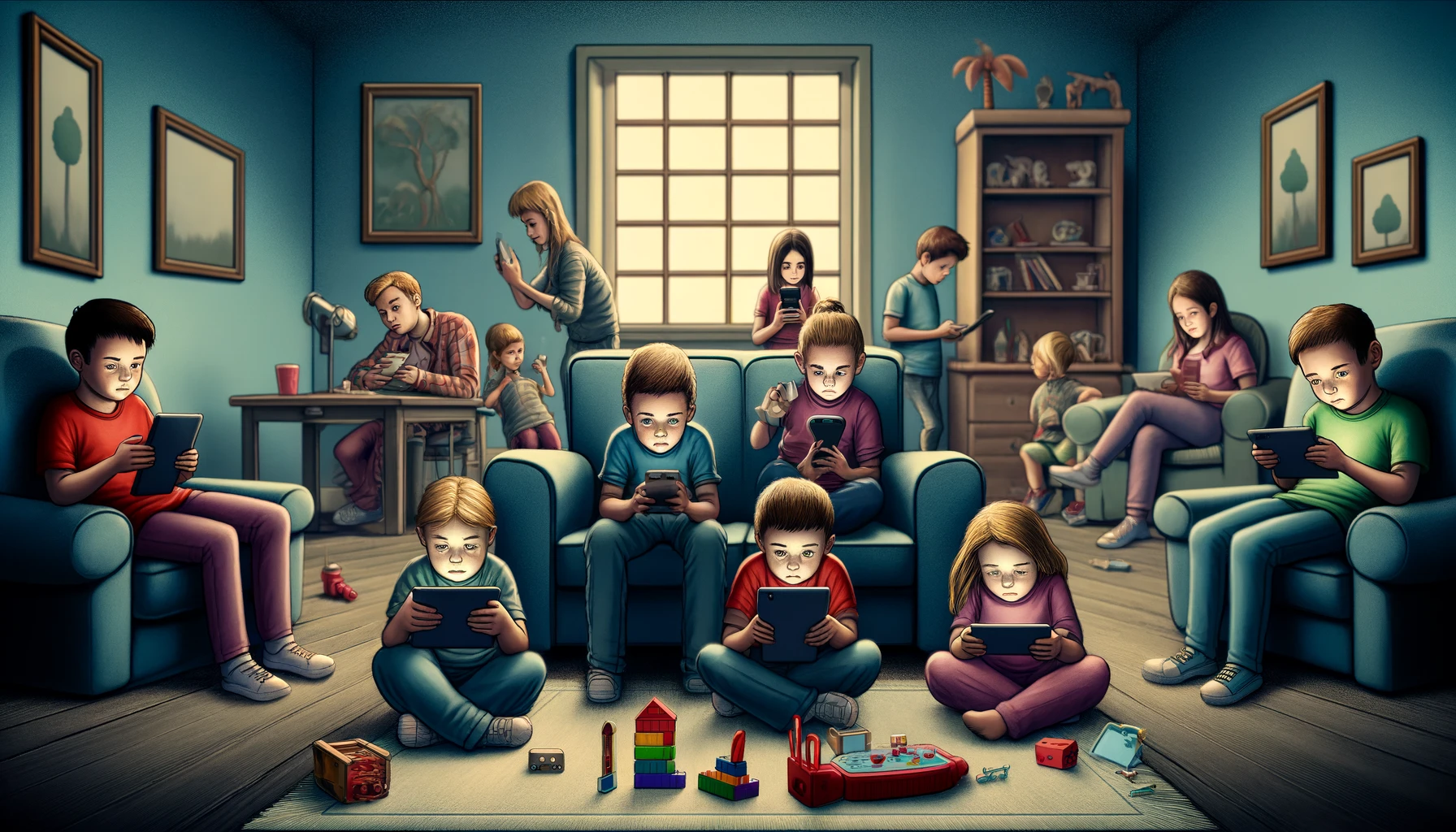


Leave a Reply